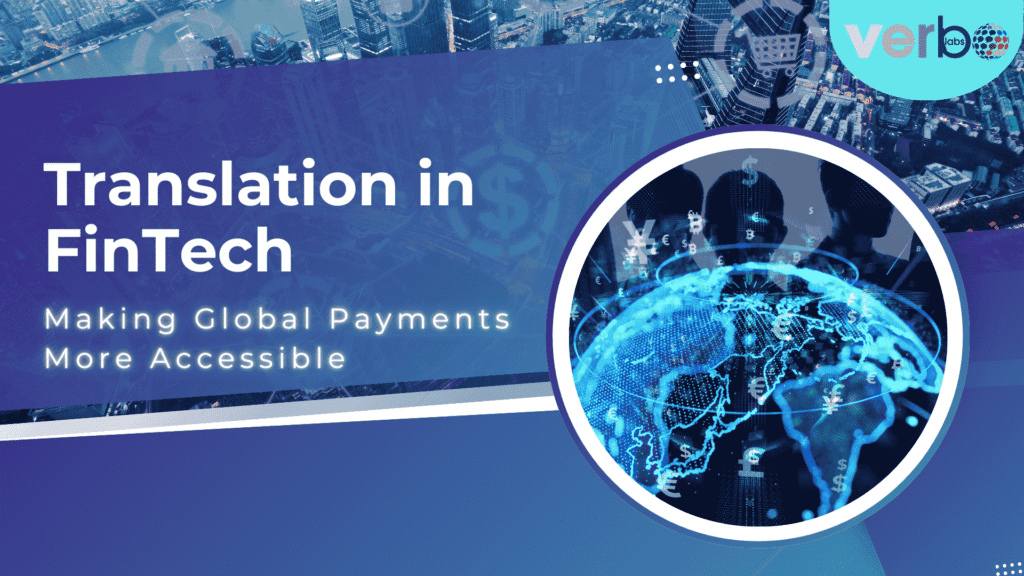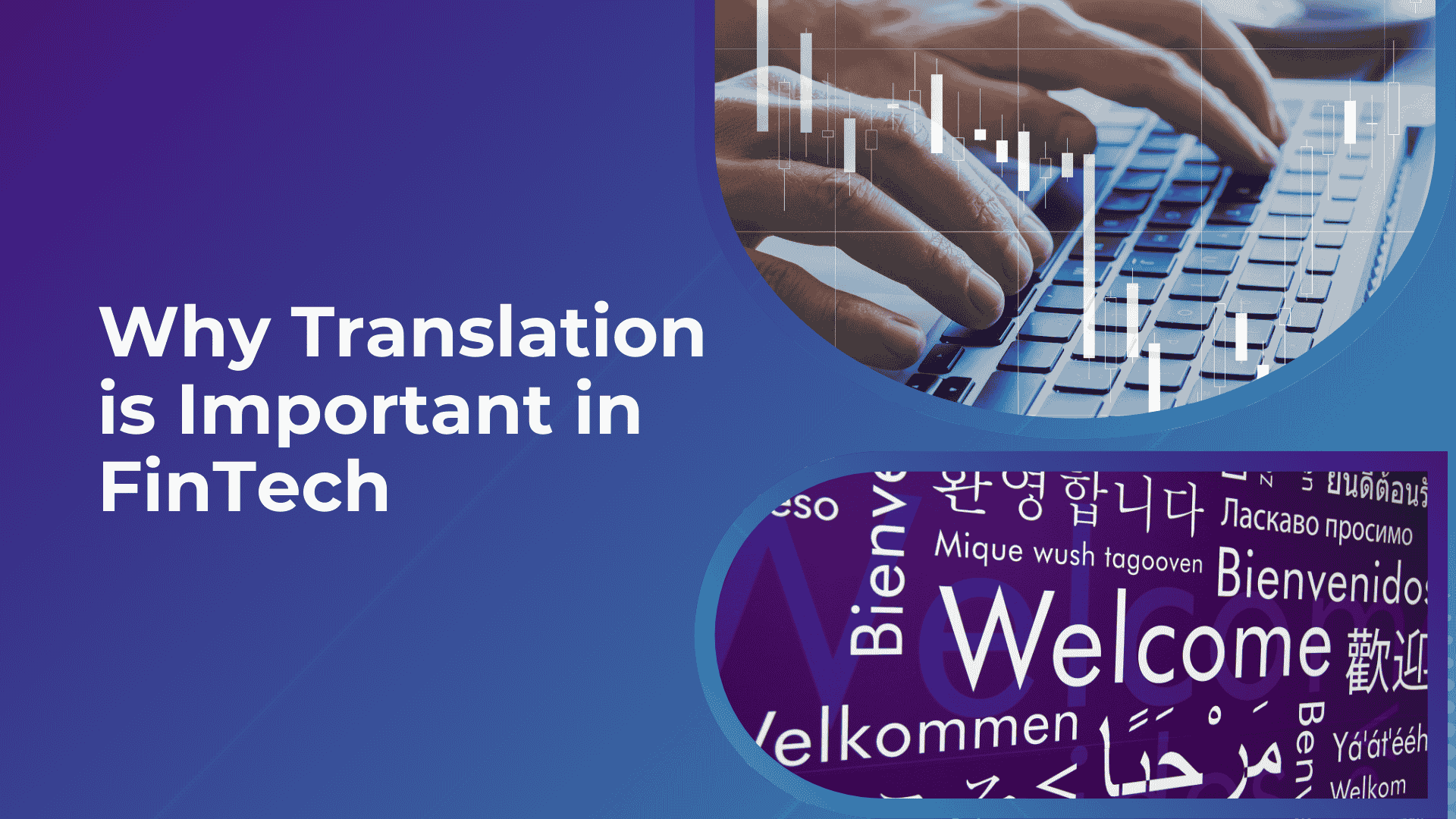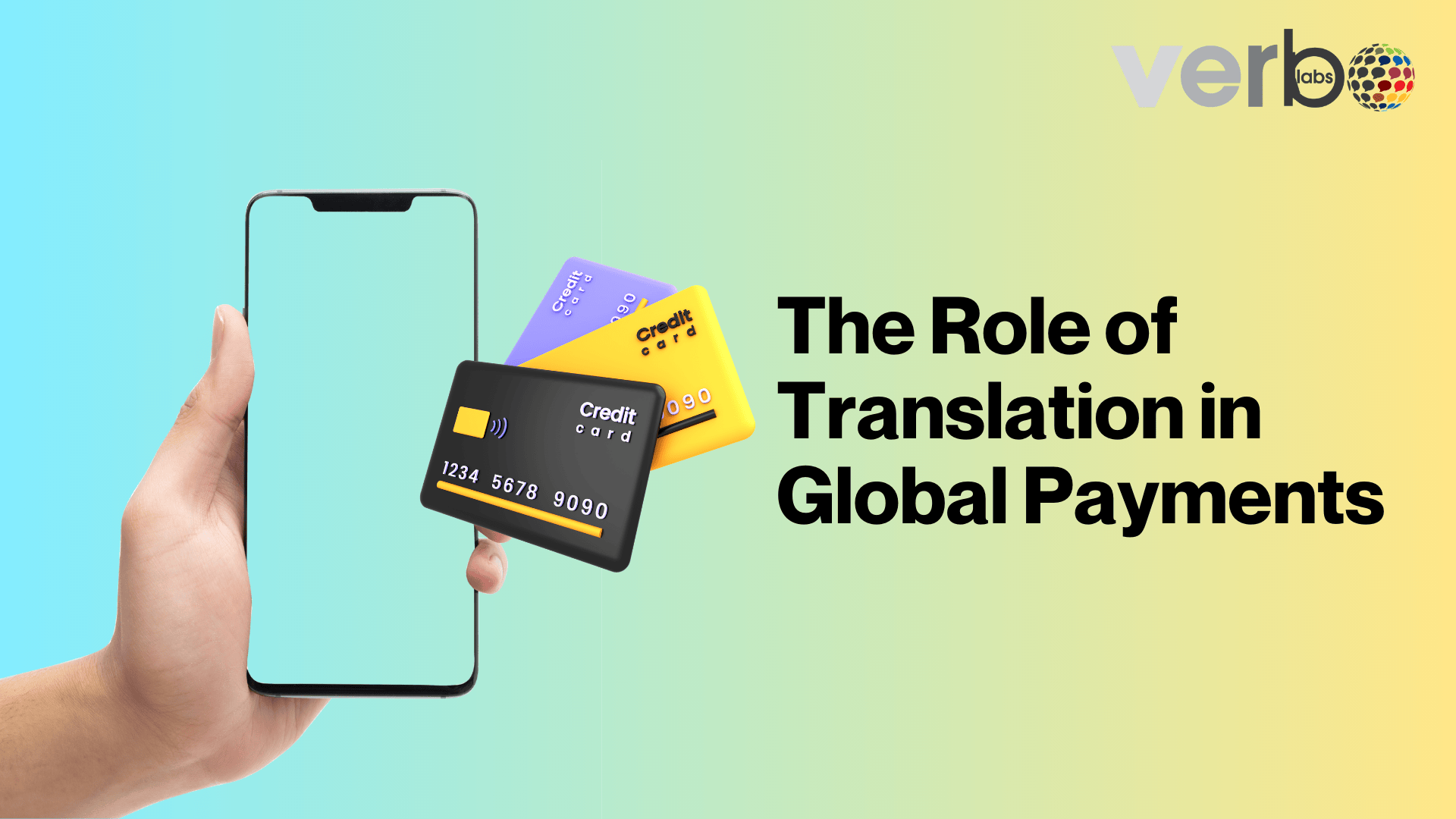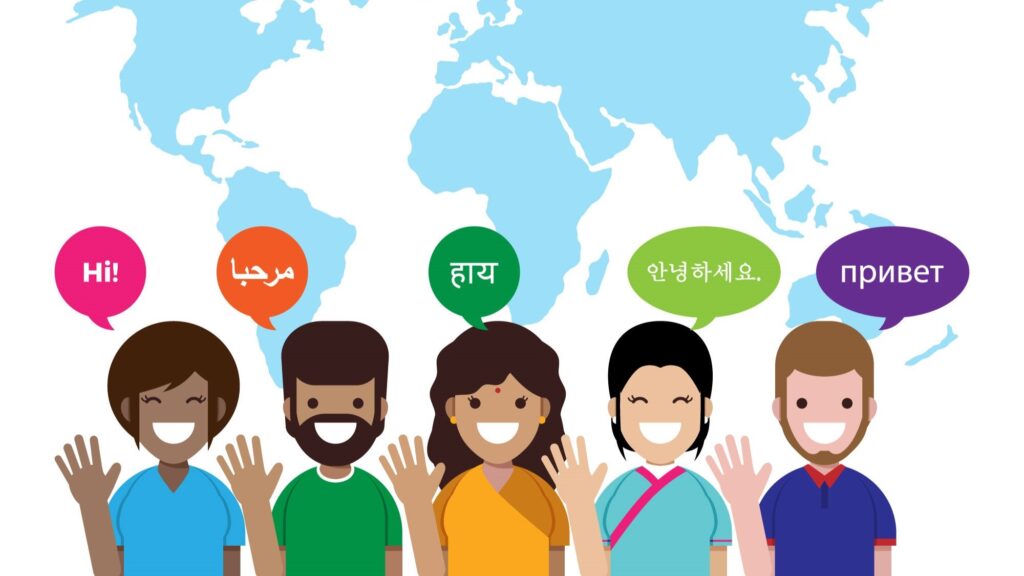
The FinTech revolution is transforming the way we bank, transfer money, and access financial services. In just a few years, financial technology has disrupted traditional banking models by offering faster, safer, and more user-friendly ways to send and receive money. Global payments have become a cornerstone of this transformation, powering e-commerce, international remittances, and cross-border digital banking solutions. To make this innovation truly global, translation in FinTech plays a critical role by removing language barriers and ensuring clarity for users across diverse markets.
However, a significant challenge remains: language. Financial transactions are inherently sensitive, and any confusion can lead to errors, loss of trust, or even regulatory violations. Translation in FinTech is not just about converting words—it’s about ensuring clarity, building trust, and creating seamless cross-border experiences. As businesses look to expand globally, partnering with a trusted provider like VerboLabs ensures financial communication is seamless and accurate.
In this blog, we’ll explore why translation is important in FinTech, how it powers global payments, and why professional language services are essential for financial companies looking to expand globally.
What Are FinTech Translation Services?

FinTech translation services refer to the specialized adaptation of financial technology content—from apps and websites to legal documents and user interfaces—into multiple languages while maintaining precision, compliance, and clarity. Unlike general translation, FinTech translation demands deep expertise in both finance and technology to ensure accuracy in terminology, data, and regulatory messaging.
In this domain, even a minor mistranslation can lead to financial losses, compliance violations, or user distrust. That’s why professional FinTech translators work with subject matter experts to localize everything from mobile banking apps and payment gateways to regulatory documents and marketing materials.
The goal of FinTech translation is to make financial services accessible, transparent, and trustworthy for users across borders—regardless of their native language. By removing linguistic barriers, it helps companies deliver a seamless experience in every market while ensuring global compliance and user confidence.
Why Translation is Important in FinTech

FinTech operates at the intersection of technology, finance, and regulation. When dealing with sensitive financial data, accuracy is non-negotiable. Users must fully understand the instructions, terms, and warnings in their native language to avoid costly mistakes.
Professional translation services are essential to eliminate costly errors, build user trust, and ensure regulatory compliance in FinTech.
Key reasons translation is essential in FinTech:
- Data Accuracy: Financial transactions involve precise figures and details. Even minor mistranslations can lead to substantial financial losses.
- User Trust: Multilingual interfaces reassure users that a service is designed with their needs in mind, increasing confidence and adoption rates.
- Regulatory Compliance: Many jurisdictions require financial communications to be available in the local language.
- Error Prevention: Clear instructions in local languages reduce errors in transfers, investments, and other operations.
Financial translation services ensure that technology serves people—not the other way around.
The Role of Translation in Global Payments

Global payments translation is the lifeblood of the modern digital economy. Whether sending money to family abroad or purchasing goods online, cross-border transactions must be quick, secure, and easy to understand.
Translation eliminates the language barriers that can hinder global payments. Here’s how:
- Cross-Border Transactions: By translating payment instructions and confirmations, customers worldwide can confidently use the same platform, regardless of their location.
- Digital Wallet Accessibility: Mobile apps and e-wallets become usable worldwide when localized for multiple languages.
- Financial Inclusion: In emerging markets, where many users are first-time digital banking customers, local language support encourages adoption and trust.
Without effective translation, global payments would remain a privilege of the few rather than an inclusive service for all.
Key Areas of FinTech Translation

Financial translation services span multiple touchpoints, each with unique requirements. The key areas include:
- Mobile Banking Apps (UI/UX Localization): Ensuring navigation, instructions, and alerts are culturally and linguistically adapted.
- Payment Gateways & Wallets: Making checkout pages, transaction confirmations, and security prompts understandable worldwide.
- Legal & Compliance Documents: Translating terms of service, privacy policies, and user agreements with absolute precision.
- User Education & FAQs: Providing multilingual help centres to guide users through technical or financial processes.
- Marketing & Customer Support: Ensuring promotional campaigns and support chats resonate with local audiences.
Each area requires a balance of linguistic expertise, financial knowledge, and technical understanding.
Benefits of Professional FinTech Translation Services
Professional translation agencies specializing in financial technology bring significant advantages to the table:
- Accuracy & Compliance: They understand both linguistic nuances and the regulatory environment, reducing risks.
- Enhanced User Experience: Seamless multilingual interactions make users feel valued and understood.
- Increased Adoption & Trust: Customers are more likely to engage with platforms that communicate in their language.
- Stronger Global Brand Reputation: Well-localized platforms reflect a company’s commitment to inclusivity and professionalism.
In short, the right translation partner transforms FinTech localization from a local solution into a global powerhouse. From mobile banking apps to digital wallets, localization services help FinTech companies adapt interfaces and communication for global users
Challenges in Translating FinTech Content
While essential, FinTech localization presents its own challenges. These include:
- Technical Financial Terminology: Many financial concepts have no direct equivalents in other languages.
- Regulatory Differences: Compliance varies by country and must be respected in every translation.
- Data Security: Financial data is sensitive, so confidentiality must be guaranteed throughout the translation process.
- Cultural Adaptation: User-facing content must resonate culturally, not just linguistically.
Professional FinTech translation services overcome these challenges by combining financial expertise, linguistic skill, and advanced security protocols.
How Translation is Driving FinTech Growth Globally
Translation is more than a support function—it’s a growth enabler. Leading FinTech companies, such as PayPal, Wise, and Revolut, have successfully expanded into dozens of markets by offering multilingual platforms. This adaptability fosters trust, attracts new users, and fuels rapid adoption.
Regional examples highlight the power of multilingual solutions:
- Africa: Mobile money platforms, such as M-Pesa, rely on local language support to serve both rural and urban populations.
- Asia: Digital wallets thrive in markets such as India, Indonesia, and China due to the availability of localized content and services.
- Middle East: Bilingual and multilingual FinTech solutions ensure compliance and user trust in culturally diverse regions.
Cross-border payments translation is at the heart of this growth, enabling seamless financial interaction in an interconnected world.
The Role of Professional Language Service Providers

FinTech companies expanding globally must rely on expert language partners to ensure effective communication and collaboration. These providers ensure:
- Native Linguists with Financial Expertise: Combining subject matter knowledge with linguistic precision.
- Secure, Confidential Processes: Protecting sensitive user and transaction data during translation.
- Cultural Relevance: Adapting tone, examples, and formats for different audiences.
VerboLabs, for instance, offers specialized FinTech translation services designed to support global scaling efforts. By partnering with a trusted language service provider, FinTechs can focus on innovation while ensuring regulatory and cultural alignment across markets.
The Future of Translation in FinTech
As FinTech localization evolves, so too will translation. Key trends shaping the future include:
- AI + Human Hybrid Translation: Combining speed and accuracy for real-time multilingual financial interactions.
- On-Demand Multilingual Support: Live chat and customer service in multiple languages are becoming standard.
- Financial Inclusion & Global Commerce: As more people worldwide gain access to digital banking, demand for localized solutions will rise.
Translation in FinTech is not just about words—it’s about enabling financial freedom for everyone, everywhere.
Conclusion
Translation plays a pivotal role in making financial technology accessible, trustworthy, and globally scalable. From enhancing user experiences to ensuring compliance and driving market growth, global payments translation is the invisible infrastructure that supports cross-border innovation.
At VerboLabs, we offer secure and accurate FinTech translation services that enable companies to scale globally. Contact us today to make your financial services accessible worldwide.




